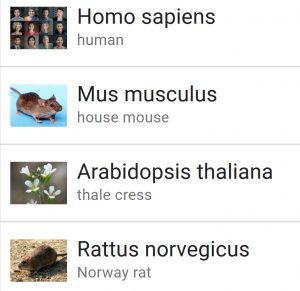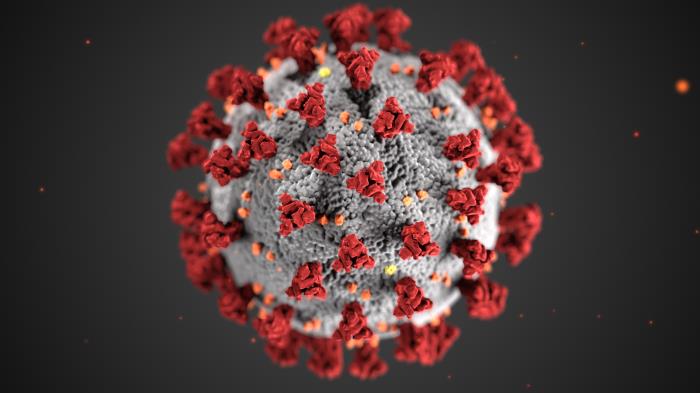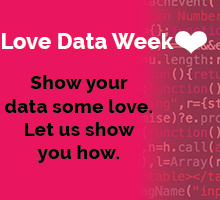The HSLS Update has published numerous articles about preprints over the years. Here we introduce another iteration of the preprint movement—Research Square, a multidisciplinary platform that helps researchers share their work early, gather feedback, and improve their manuscripts prior to (or in parallel with) journal submission.
So what differentiates Research Square from other preprint servers? The focus is on “added value” features such as:
- Increased discoverability and readability due to indexed and machine-readable full text in HTML
- Commenting via a custom-built system or the hypothesis annotation tool
- Figure rendering with a lightbox, which allows for zooming and downloading
- Full metrics, including Altmetrics and Dimensions data
- Research Square Badges to indicate preprint quality
- Editing services to improve the manuscript prior to journal submission
- Video and infographic services to help communicate the research
 There are challenges with downloading genomic data. File sizes are large, and it can be time consuming to retrieve multiple files. Sometimes downloads fail. A custom script may be required. Fortunately, a solution to all of these frustrations is now available—
There are challenges with downloading genomic data. File sizes are large, and it can be time consuming to retrieve multiple files. Sometimes downloads fail. A custom script may be required. Fortunately, a solution to all of these frustrations is now available—

 In July 2019, NIH and Figshare announced the one-year pilot launch of a general data repository for all NIH-funded researchers:
In July 2019, NIH and Figshare announced the one-year pilot launch of a general data repository for all NIH-funded researchers: 